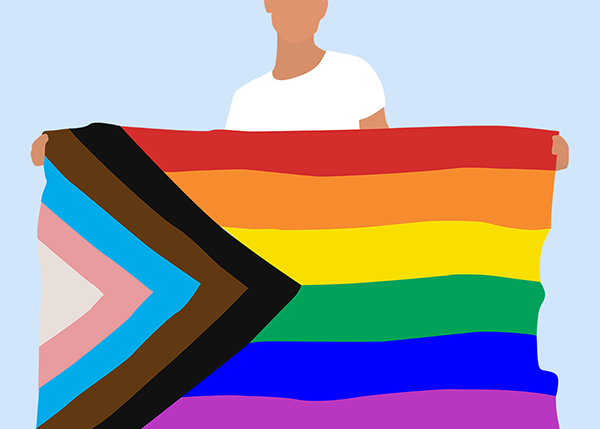
Gender inequality, reinforced by systems of oppression around the globe, perpetuates gender discrimination, violence, and systemic neglect. These structural forces are especially pronounced in communities with multiple marginalized social identities particularly, women of color, adolescents, Indigenous people, migrants, people with disabilities, gender minorities, LGBT people, and people affected by armed conflict and mass atrocities. Gender discrimination systematically denies underrepresented communities from safely participating in economic, social, civic, and political opportunities. Sexual and gender-based violence impact people’s physical, mental, and emotional wellbeing, violate women, girls’, and gender minorities’ rights and reinforce gender inequality. The world lacks basic data related to these communities’ health, safety, wellbeing, and socioeconomic status, and evidence on what works to disrupt entrenched gender systems. Therefore, global and national development policies and programs often overlook these communities or lack guidance on how to address gender inequality. This is what the Population Council is working to change.
We collaborate with locally rooted organizations, communities, and governments using context-relevant surveys, collect rigorous data, and create evidence-based solutions. We also recognize the need to develop robust survey measures for gender minority adolescents and youth and and women living with multiple forms of discrimination in LMICs. This will allow us to amplify the visibility of these communities and provide reliable data that decision-makers can use to institute policies and programs to improve health and wellbeing of women living with multiple forms of discrimination in LMICs.
Recent highlights
Access to Education
- Partnered with national and local authorities in Guatemala for over 15 years, to improve educational prospects for Indigenous girls.
- Conducted one of the few large-scale studies of child domestic work in Ethiopia. Based on findings, it was recommended to provide opportunities for alternative basic education, life skills, and financial literacy training in a flexible format adapted to the needs of domestic workers, most of whom are girls.
- Presented topline messages in for key decisionmakers in the girls’ education field, outlining interventions that have been shown to work in some contexts, commonly used approaches in girls’ education that have not yet been shown to work, and key gaps in current practices.
Civic Participation
- Convened Native American and Mayan Indigenous girl mentors to come together in dialogue to build mutual understanding between the U.S. and Meso-American countries.
- Found that a skills-building curriculum focused on promoting gender equitable norms, voice, and agency has potential to influence adolescent girls across multiple dimensions of empowerment in Bangladesh.
Economic Empowerment
- Synthesized insights on what interventions, especially group-based interventions, show promise in economically empowering adolescent girls and young women in low and middle-income countries.
- Generated and synthesized rigorous evidence through The Evidence Consortium on Women’s Groups, to guide development partners, practitioners, researchers, and policymakers in implementing and strengthening programming and policies on women’s groups globally.
Gender Norms
- Explored the factors that determine adolescents’ gender attitudes, as well as patterns in gender attitude shifts over time among younger and older adolescent boys and girls in India.
- Undertaking a systematic review assessing the pathways through which education impacts child mortality, HIV, and fertility, including whether and how gender norms and attitudes play a role.
Violence Against Women and Girls
- Supporting an Africa-led movement to end female genital cutting, publishing evidence on what works, developing a research agenda, and convening the FGM Data Hub to enable accountability and evidence use.
- Bringing rigorous SRHR surveys into refugee settings for the first time in the East and Horn of Africa, by an Africa-based and African-led consortium.
Visibility of Gender Minority Voices in Data
- Listening to trans men and women in Nigeria to understand how multiple intersecting stigmas related to HIV status influence their ability to safely access HIV services.
- Conducting community-based participatory research on the social determinants of transmasculine people’s mental health and access to care in India.
Gender and Power Metrics
- Developed the Sexual Relationship Power Scale (SRPS), a tool to measure power in sexual relationships for several age bands among adolescent girls and women.
- Expanding our publicly accessible and searchable database of gender- and power-related scales to facilitate the identification of validated scales for use in a given population or setting. As we expand the database, the aim is to foster exchange and innovation in the development of gender and power measures.